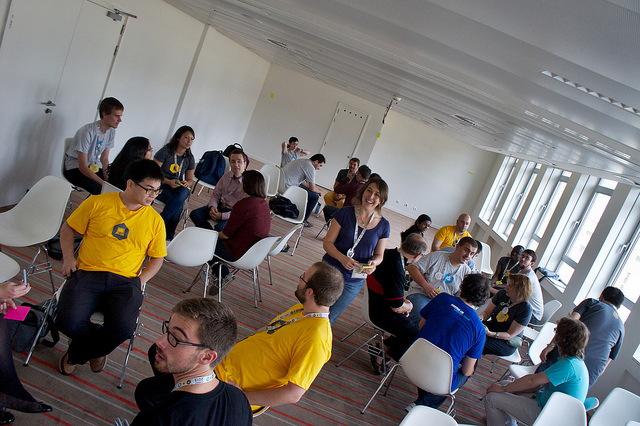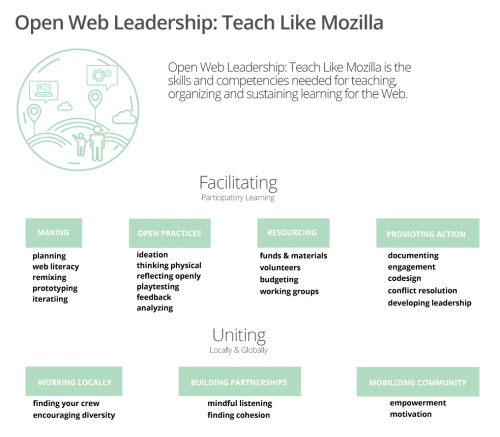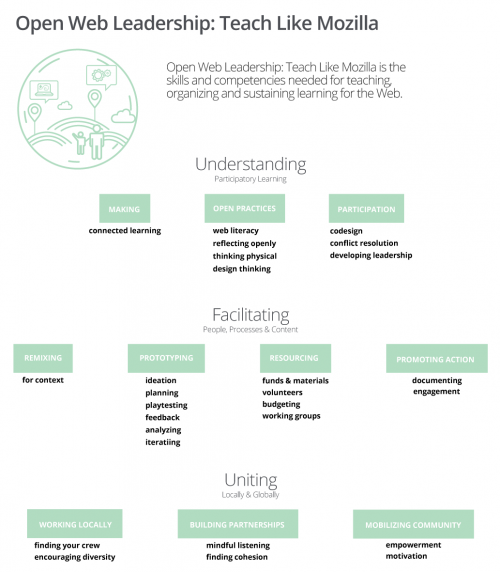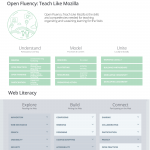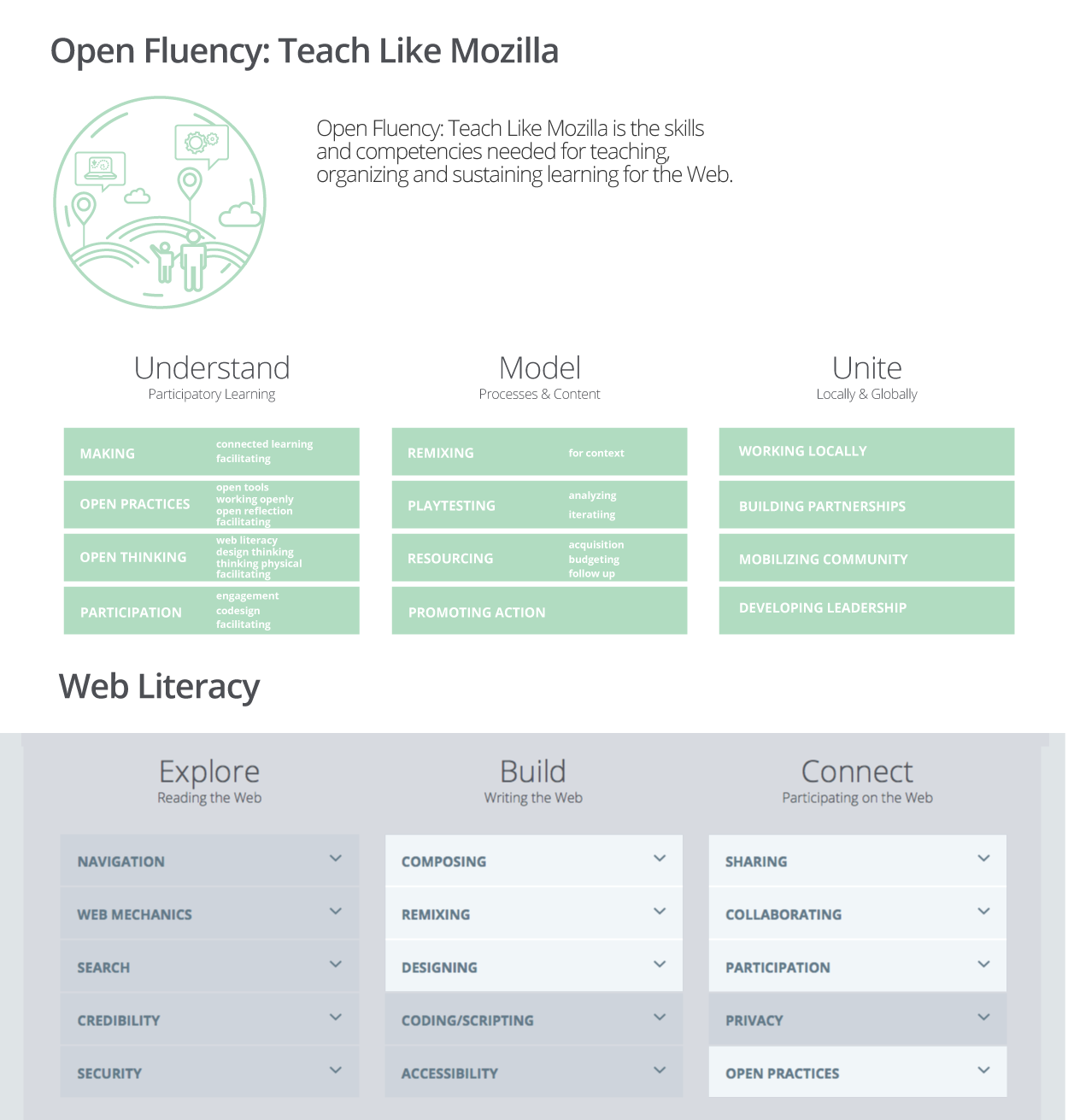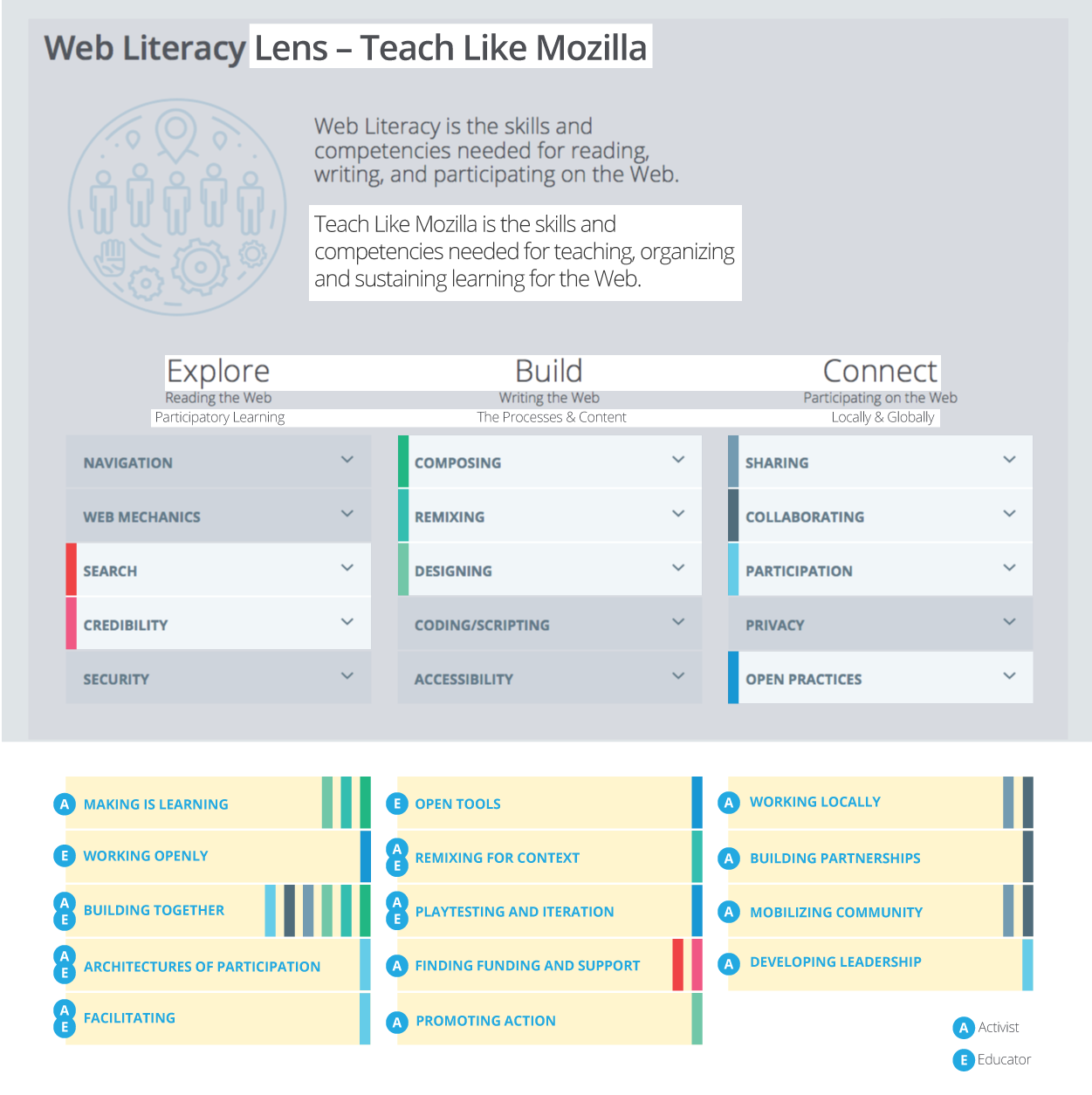There are people in the world who think that their world vision is better than yours. People allow their cultural and societal norms to dictate what kind of face they put on, and everything about their behavior. Some people are a certain way online, and a different way offline. They are one way in groups of people, and another in private. This identity thing is a passion of mine. The whole who am I? What’s wrong with me? Am I ok? The associated stress and anxiety associated with my being comes from years of being alive. Or maybe it’s because my brain has been considering it since I started reading.
Lately, I’ve been trying to pull myself together again after a string of identity shaking occurrences that started happening a couple years ago. It doesn’t matter the specifics, but there have been people who said “You are not allowed” and attached it to some commentary about my personality that resulted in my brain understanding “You are not allowed to be who you are.” Others have made me feel like I’ve been shut out because of who I am. Still others have tried to build me up, and I’ve felt guilty when I wonder about true motives. I have spent time trying to understand why I am how I am, and I have spent time trying to forgive myself for it.
It’s a struggle to reflect on your being. It is a struggle to strive towards being a better person by reflecting on your individual traits and becoming mindful of how you affect the world and people in it. It’s a struggle to hear someone say
“You aren’t allowed to be who you are”
and stand up and say
“Oh, yes I am. You are in every way my equal, flailing human who also doesn’t know what the fuck is going on.”
I can’t look back and say “Oh, I’m being stubborn right now because of my seventh grade character card.”
Humans absorb a thousand different lessons through a thousand different experiences that lead to the development of character. I am confident that character grows and shifts and changes based on those experiences. Predetermining desired character traits (who the hell are you to say what makes up a good person?) and then pretending like you can teach them is…god it’s so crazy.
Anyway, just needed to rant on that for a minute. I might start using #SoWhatIfIam to talk about social and cultural norms. It was a joke when I was tweeting yesterday, but this keeps coming up. Bucking social and cultural norms has something to do with leadership development. I’m quite sure of it.

